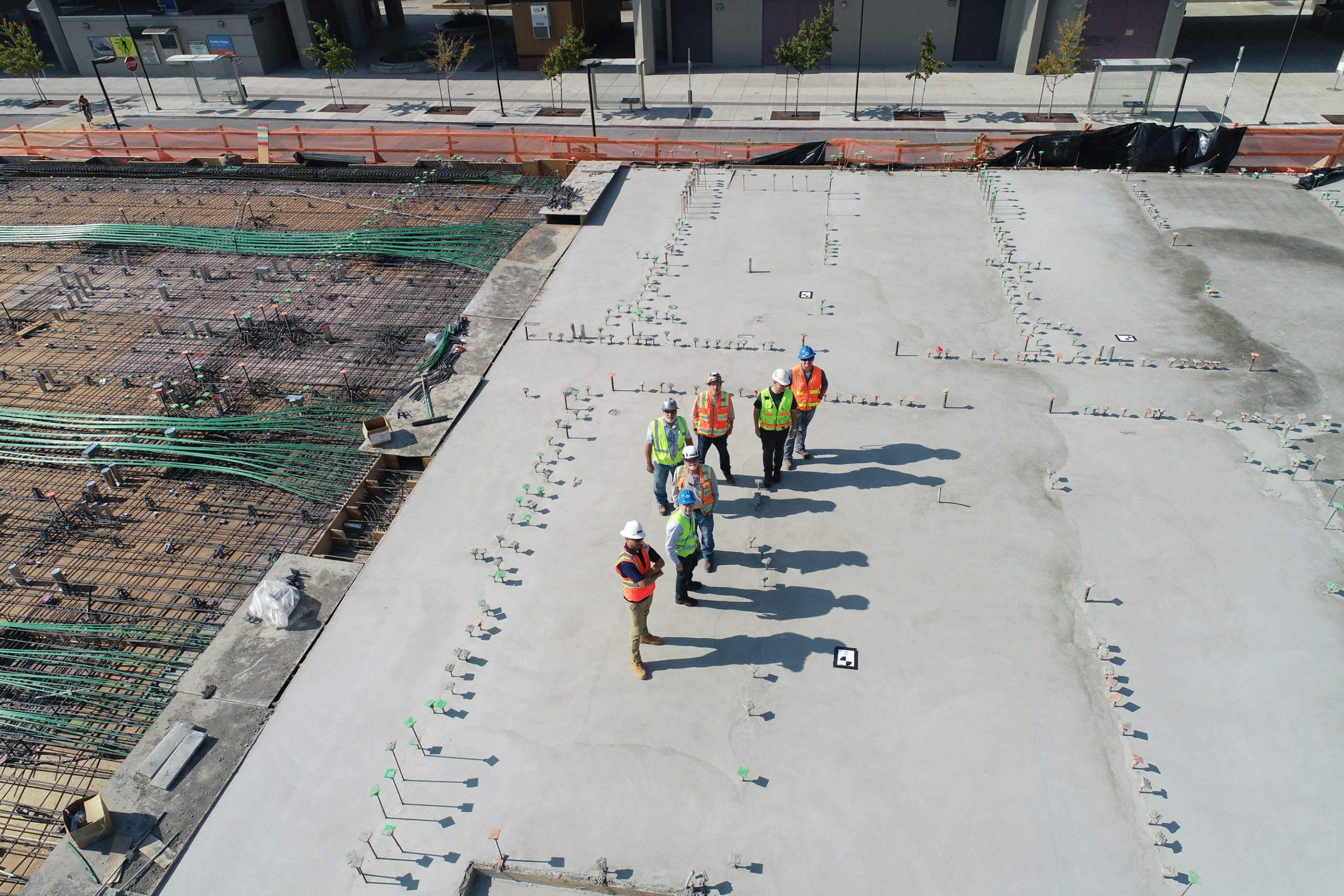The True Cost of Poor Version Control in Mega Projects
Introduction
Poor version control in mega projects can have far-reaching and costly consequences, affecting various aspects of project management, including timelines, quality, and overall costs. In this blog post, we will delve into the impacts of ineffective version control and explore how effective systems can mitigate these issues.
Direct Costs
The direct costs associated with poor version control often stem from both errors and resource misallocation. When version control processes are inadequate, it leads to an increase in rework and corrections. This not only incurs additional costs but also consumes precious time that could be better spent on productive tasks. Reworking tasks that were already completed because of outdated documents or incorrect information is not just frustrating for teams; it has a tangible financial impact. Furthermore, resource misallocation can occur as confusion reigns over which versions of documents or code are current. This wasted time and effort can escalate expenses significantly.
Indirect Costs
In addition to direct costs, indirect costs pose a formidable threat to mega projects. Delays and schedule overruns often occur because inefficient version control can slow down timelines across all phases of the project. This can create a domino effect leading to quality issues and subsequent rework that exacerbate the original problems. Communication breakdowns are another frequent occurrence linked to poor version control, with misunderstandings cropping up among team members who rely on outdated or incorrect information. Ultimately, these quality issues amid chaos can result in a project that fails to meet its goals due to a lack of cohesion and direction.
Impact on Collaboration
When projects are large-scale and complex, teamwork becomes paramount. Effectively implemented version control systems enhance collaboration by ensuring that all team members are accessing the latest versions of documents or code. This increase in transparency not only fosters team efficiency but significantly decreases the potential for conflicts. Moreover, having structured version control aids in audit and compliance processes, which are especially critical in regulated industries where precise tracking is not just beneficial but often legally required.
Use Cases and Best Practices
The choice of the correct version control system (VCS) is undeniably significant when managing large projects. For instance, Git is a versatile tool that is widely favored across various project types, providing flexibility in workflows. On the other hand, Apache Subversion (SVN) offers a simpler structure which may serve smaller teams effectively while Mercurial has proven to be efficient for larger projects despite its smaller community. Furthermore, implementing workflow strategies—such as the Feature Branch Workflow or Gitflow Workflow—can also facilitate better management practices, especially for smaller or larger teams respectively.
Emerging Innovations
The construction industry is currently witnessing a transition driven by the necessity for remote collaboration and scalability—enter cloud-based version control systems. With the global VCS market projected to reach $761.1 million in just a year, the trend is likely to redefine how teams manage documents across the globe. Additionally, AI-powered tools are enhancing the effectiveness of version control systems, automating mundane tasks, improving code quality, and anticipating potential issues long before they arise. These technologies are becoming critical as the construction industry progresses through its digital transformation journey.
How Zepth Can Help
Zepth offers a comprehensive set of construction management tools equipped with robust version control features essential for managing large-scale projects. With Zepth, all stakeholders have access to the latest document versions, drastically reducing delays and rework caused by outdated files. The centralized platform ensures that every team member is synchronized and that miscommunications are minimized. Furthermore, Zepth’s real-time updates allow teams to remain informed about changes instantly, ensuring that they are always working from the most recent information—a crucial factor in upholding project timelines and quality standards.
By leveraging Zepth’s document management capabilities, mega projects can effectively mitigate the costs associated with poor version control. Enhanced collaborations lead to smoother project executions and ultimately protect the bottom line. For additional insights on how Zepth can transform your construction project management practices, visit Zepth’s Construction Management Solutions.




